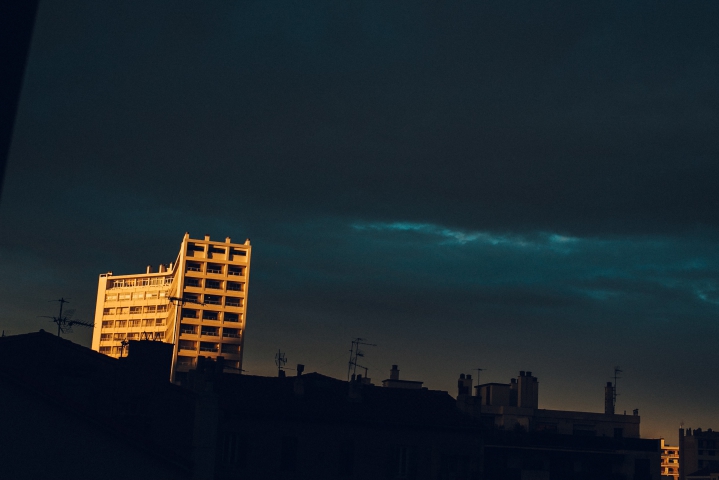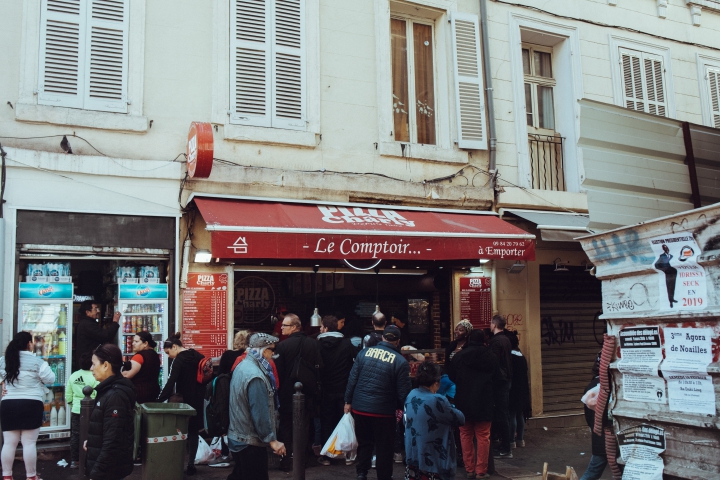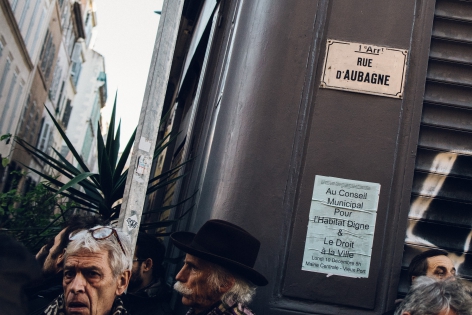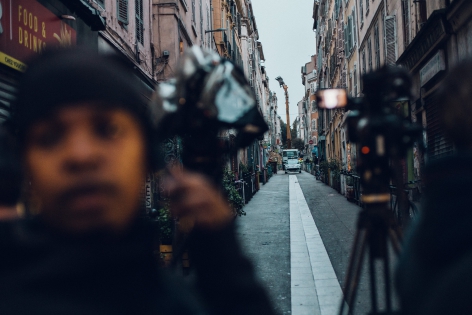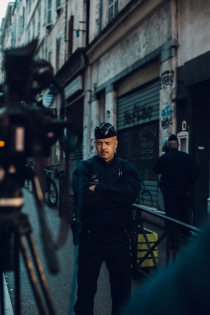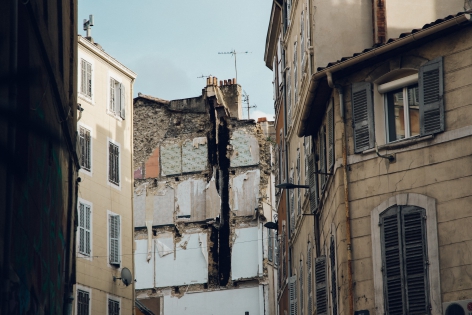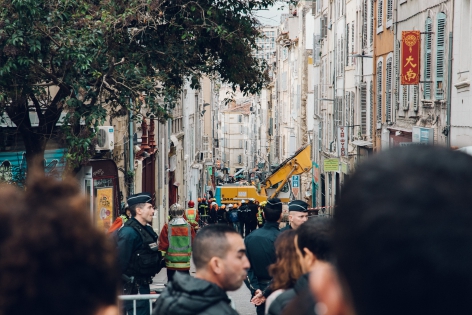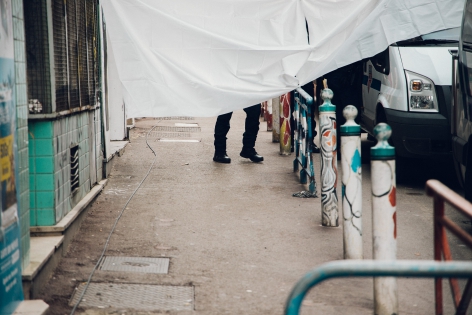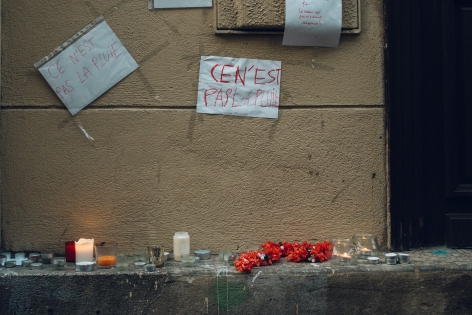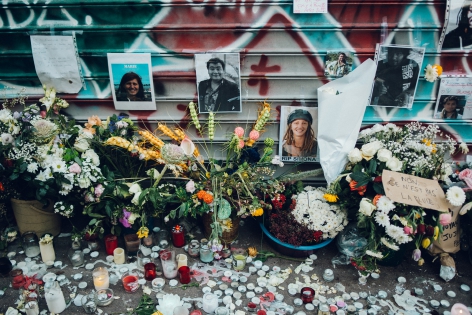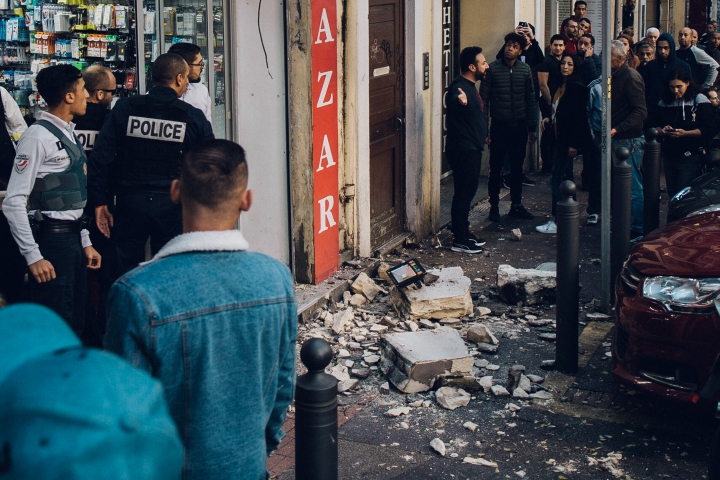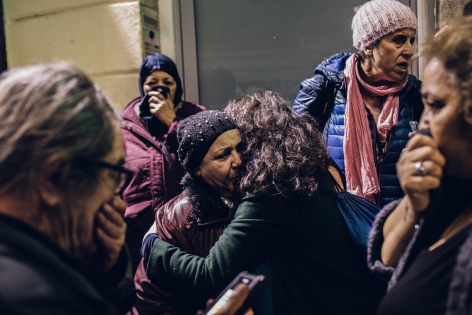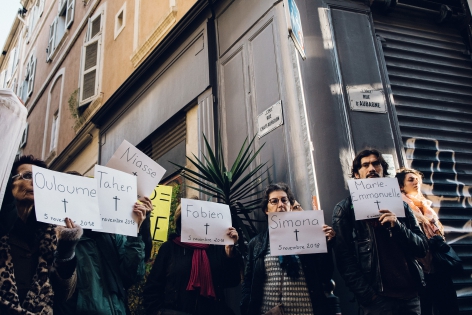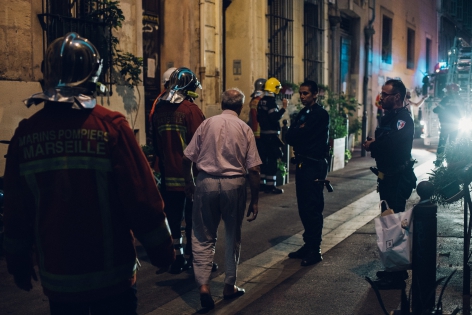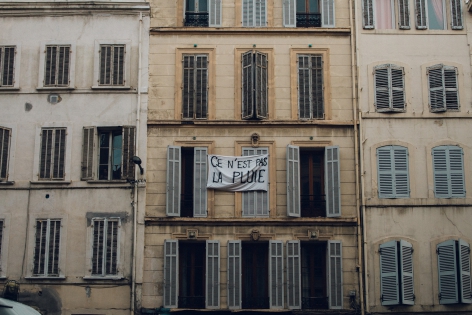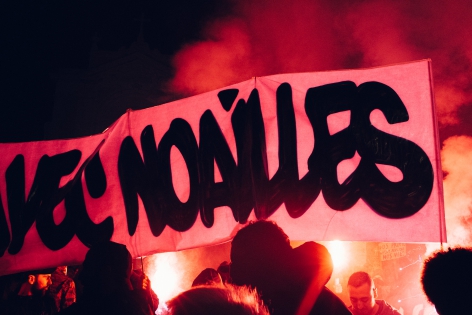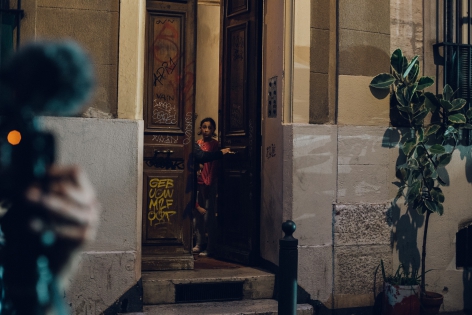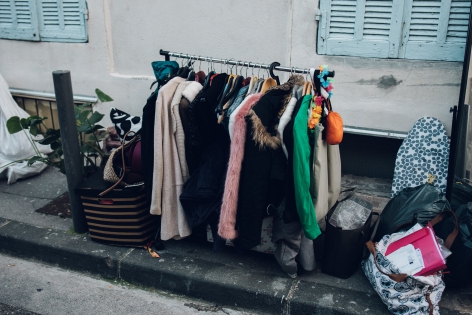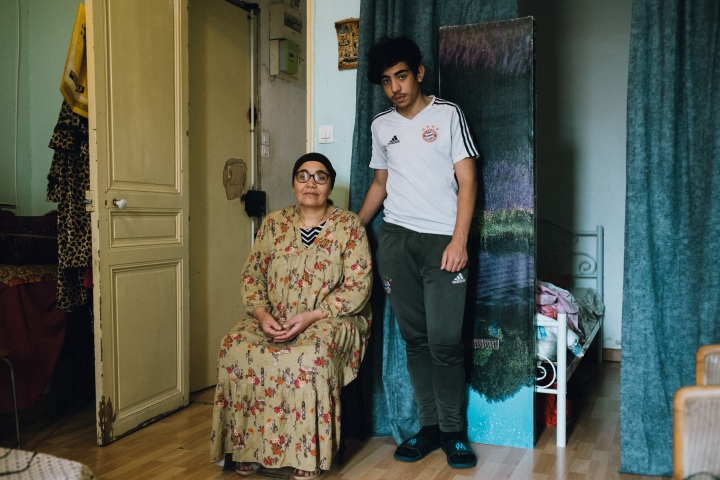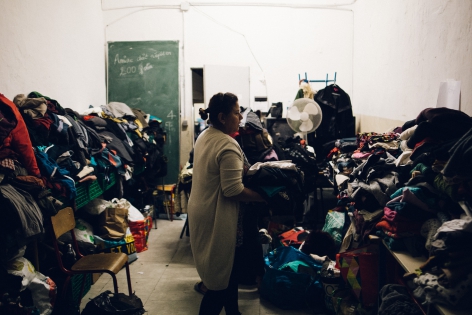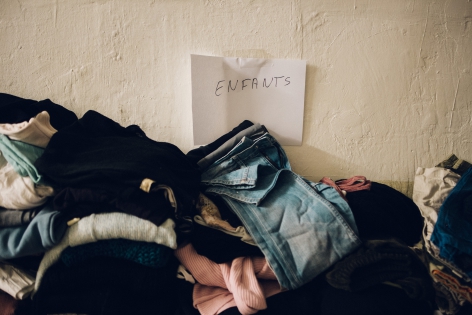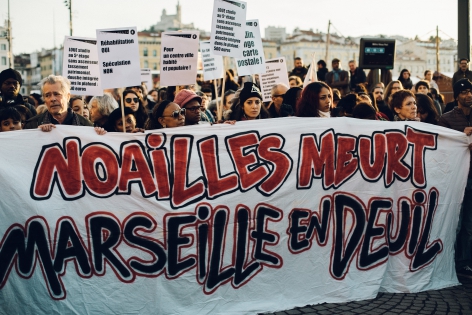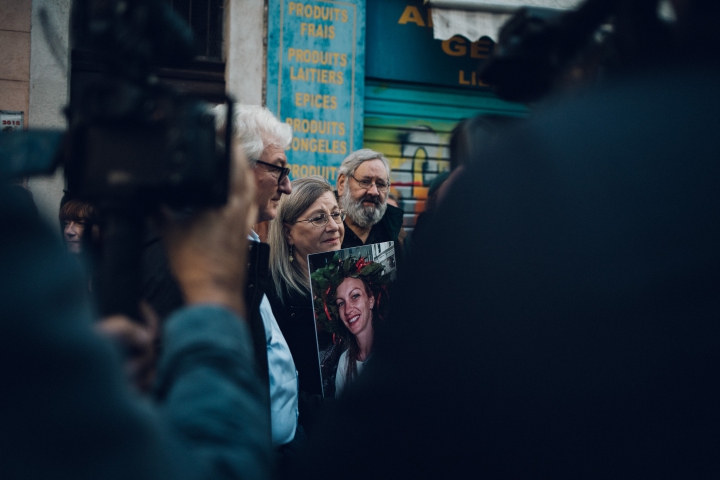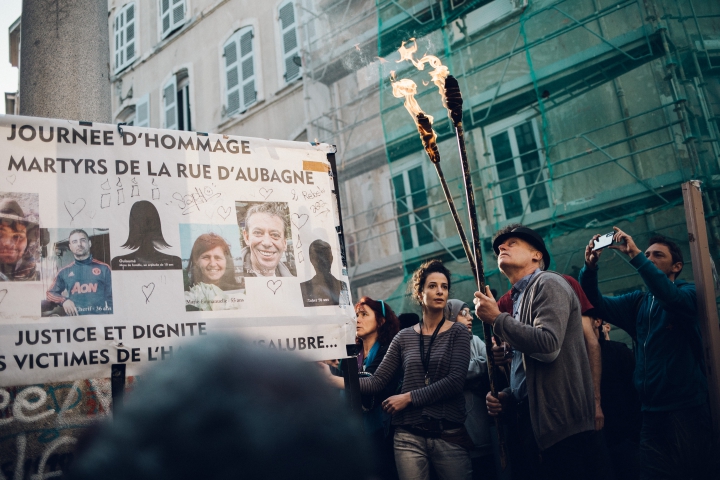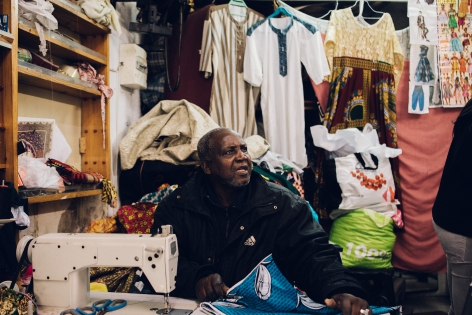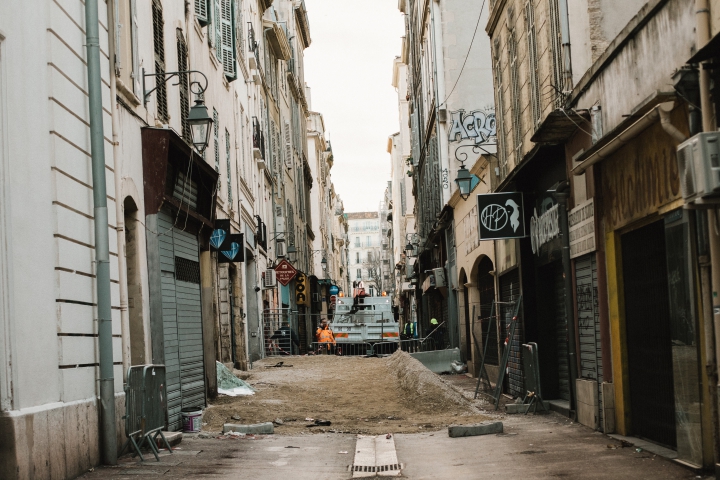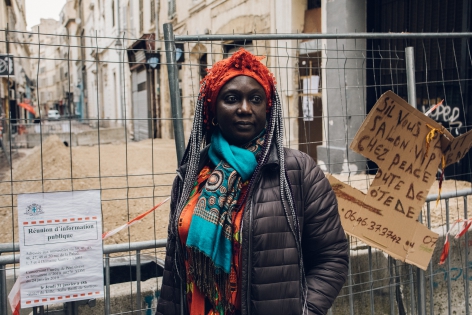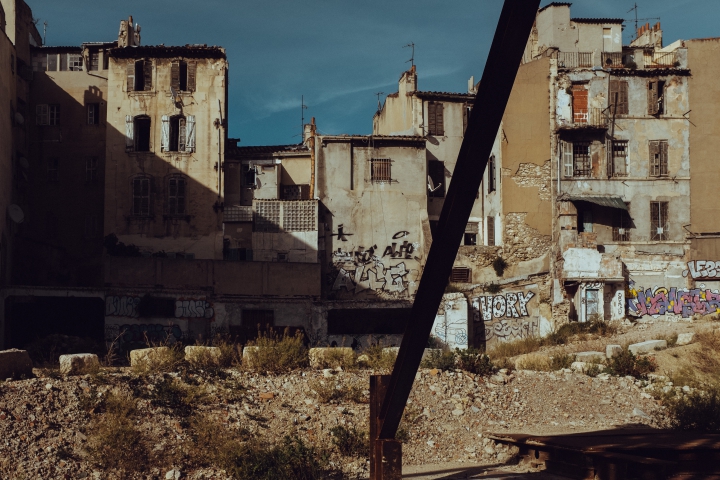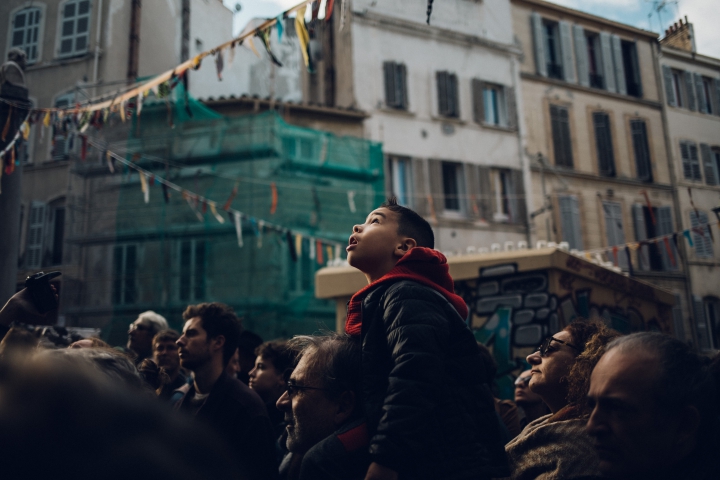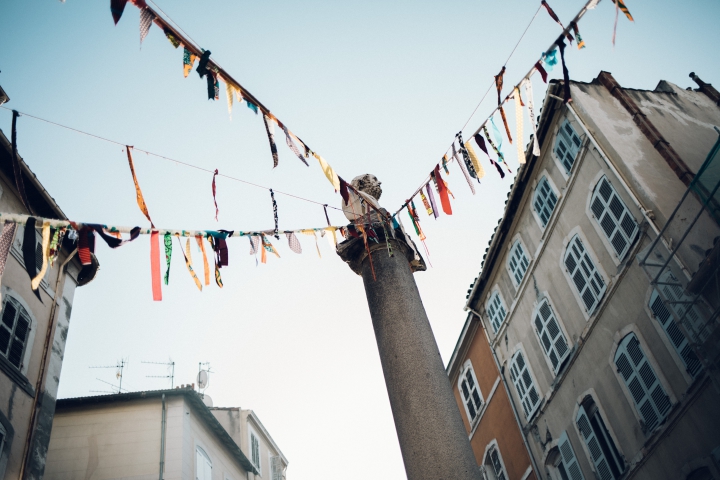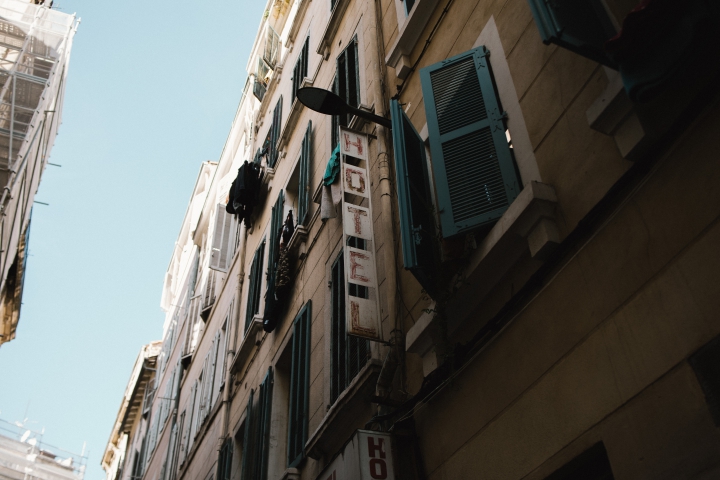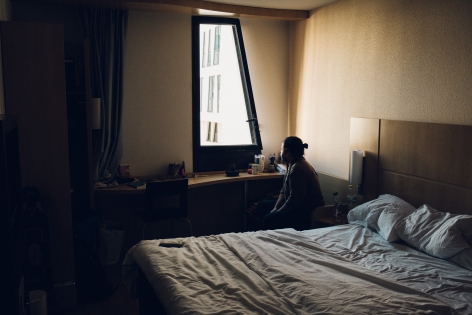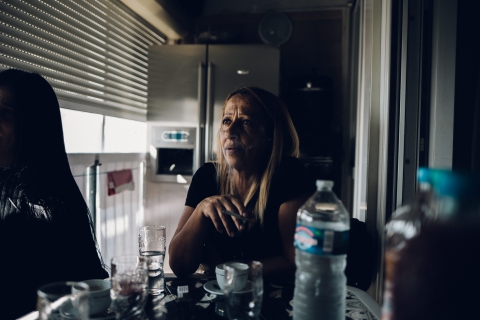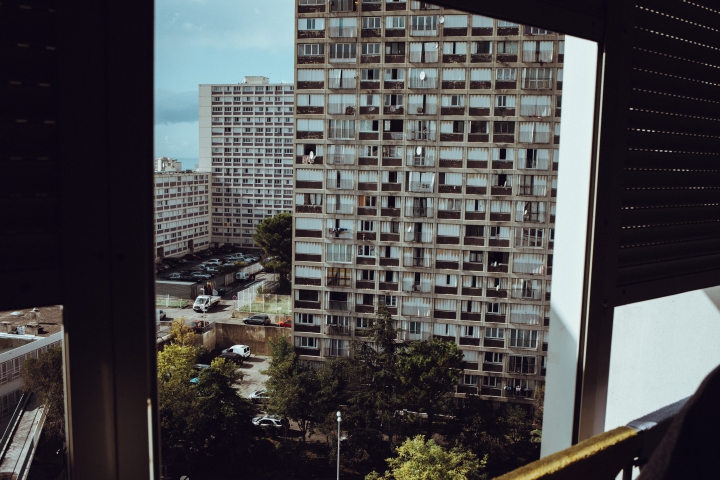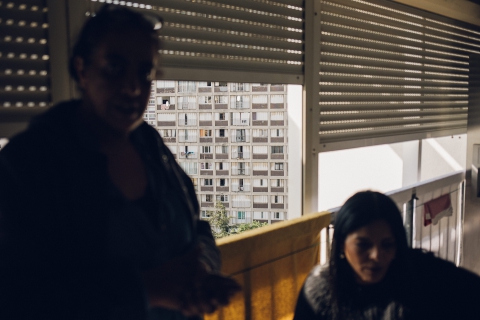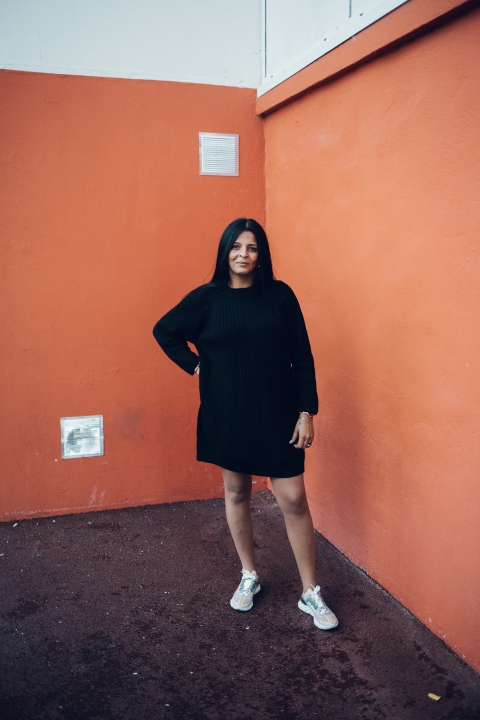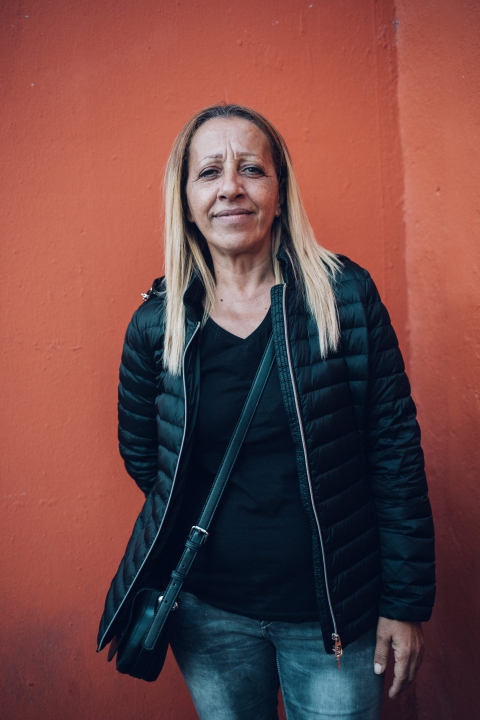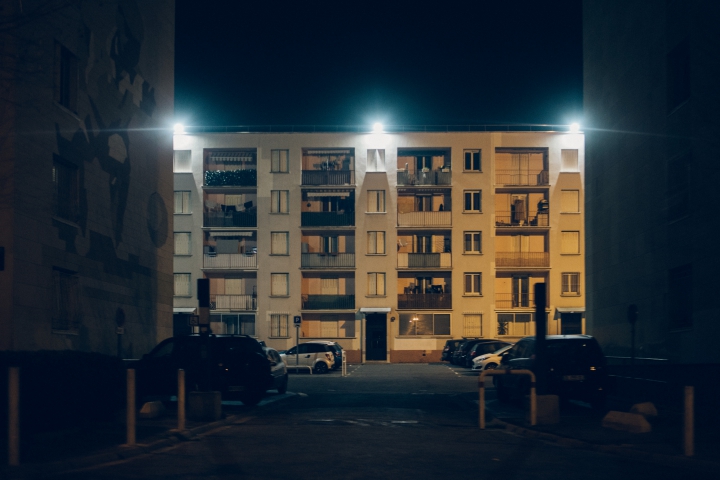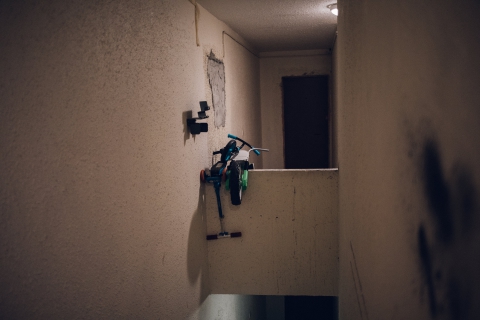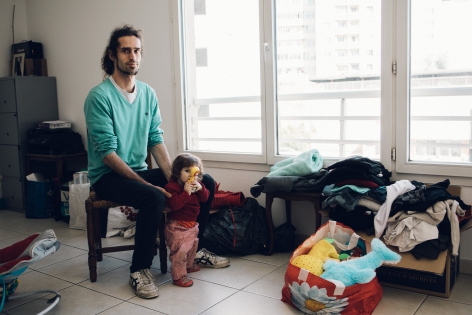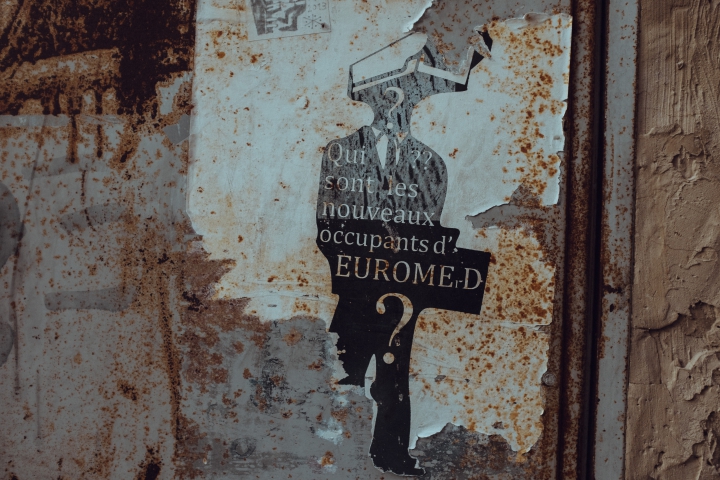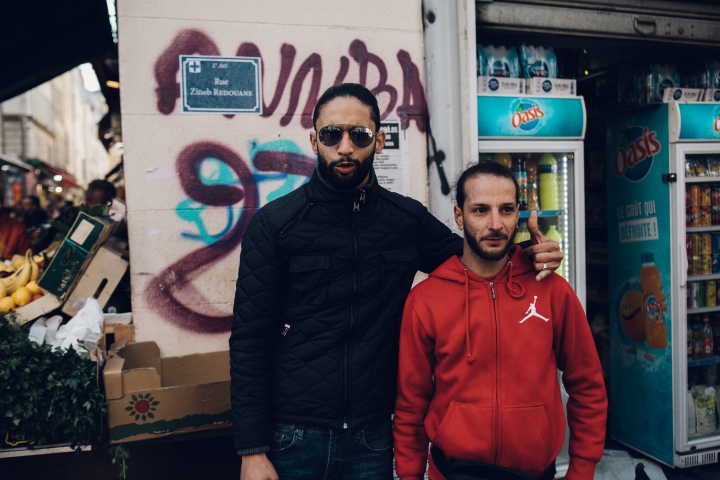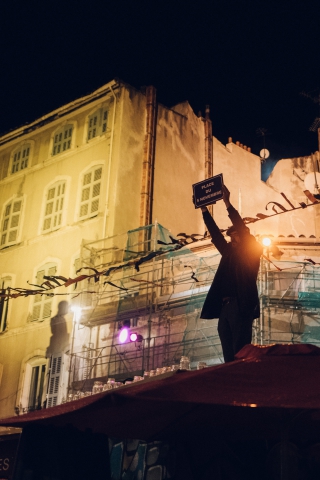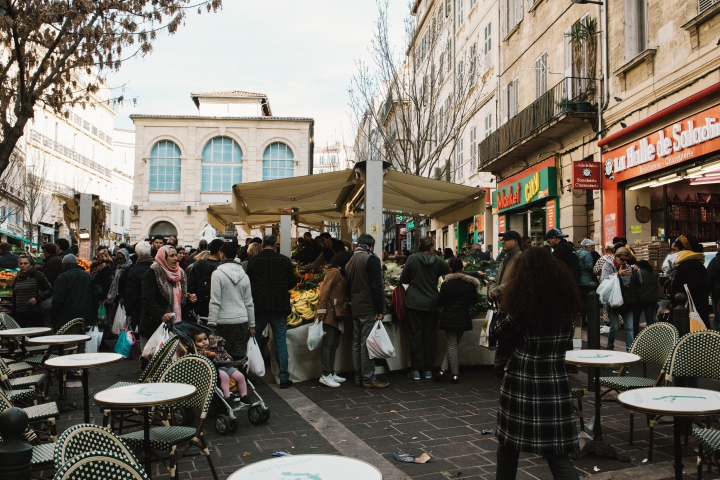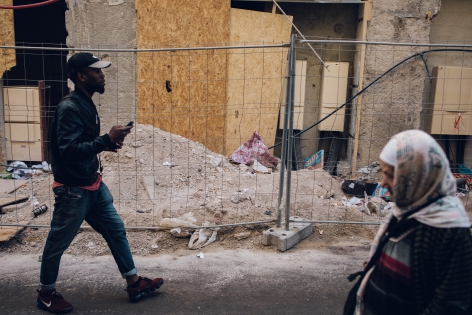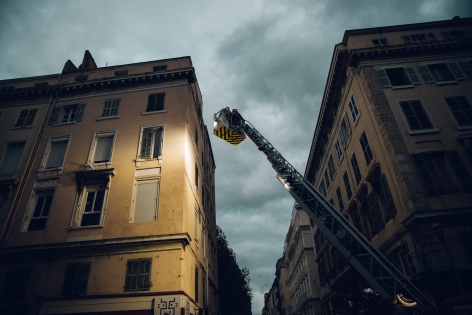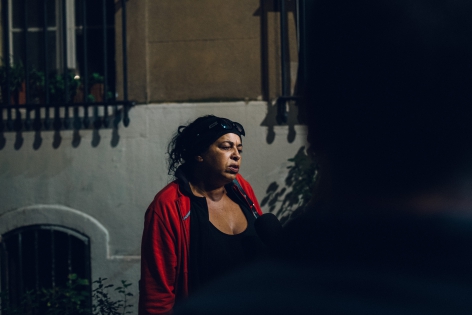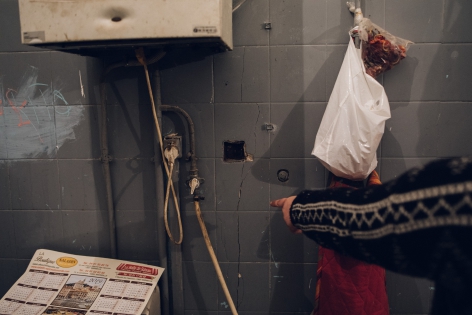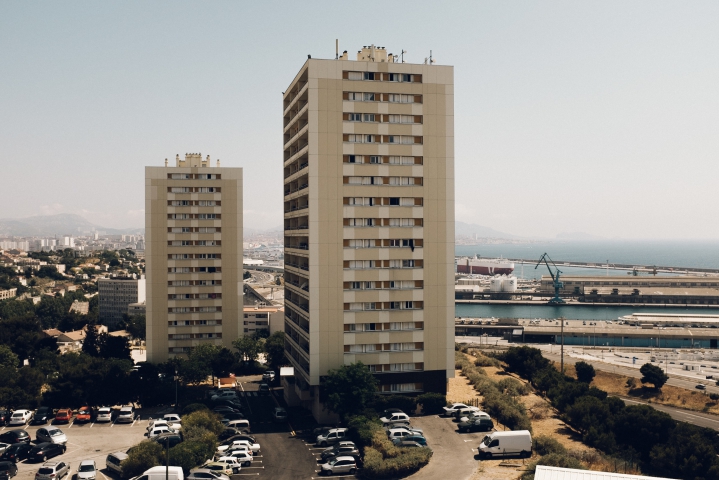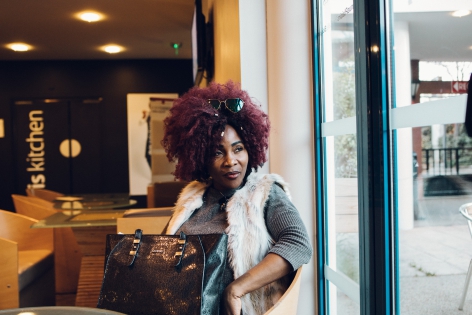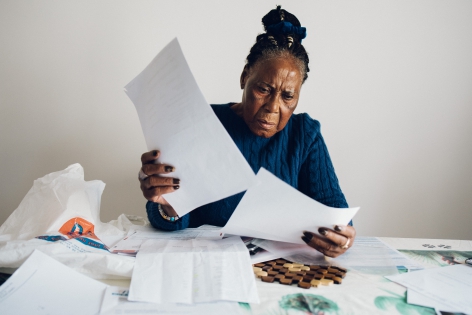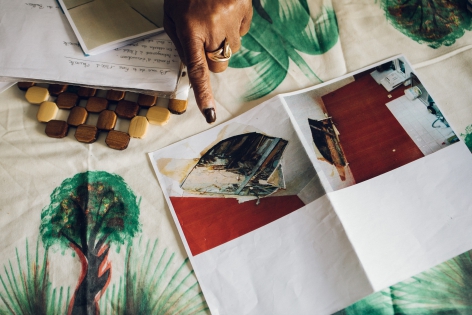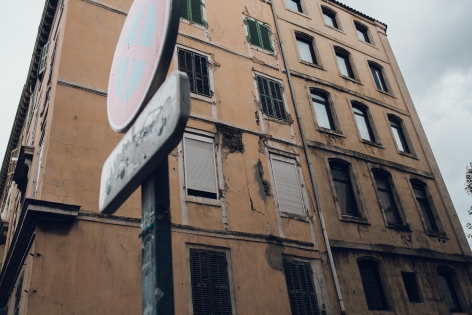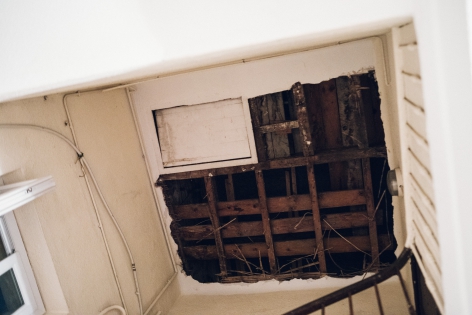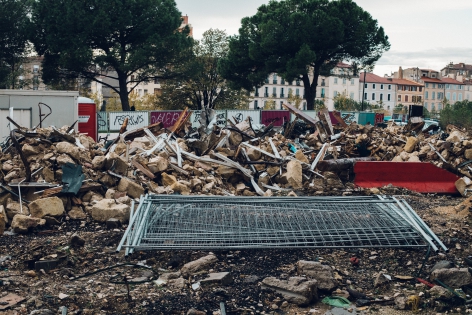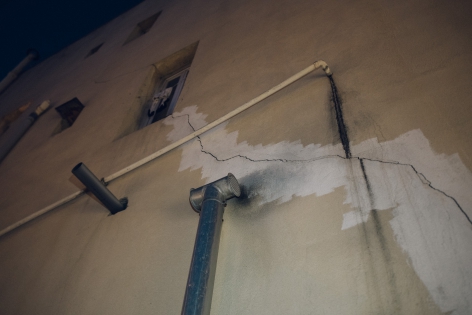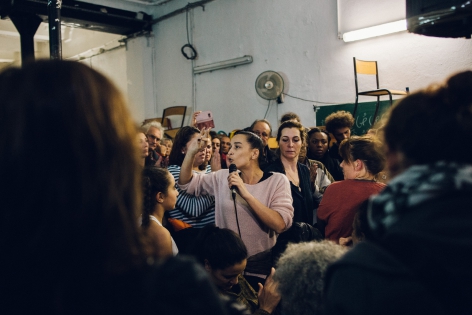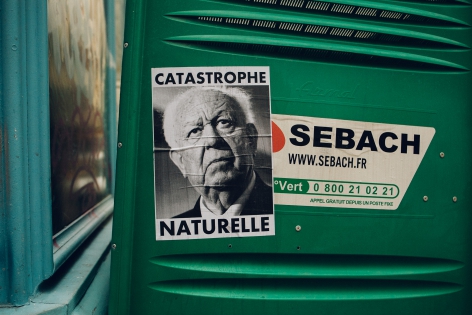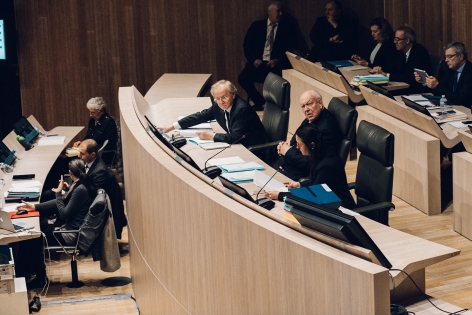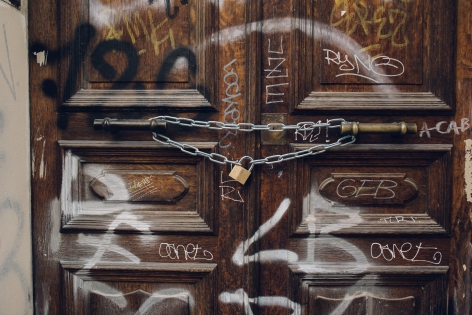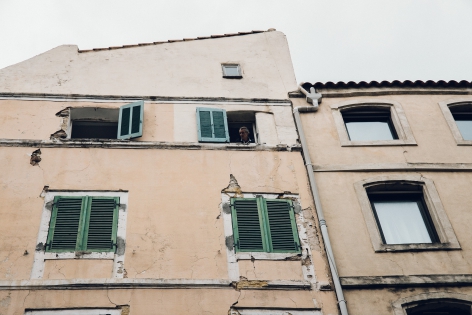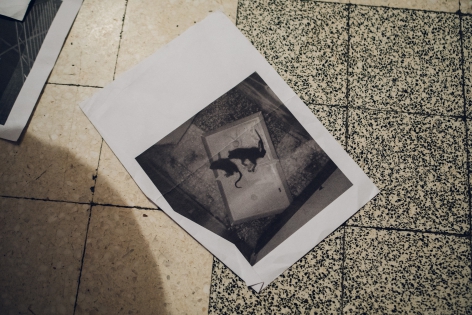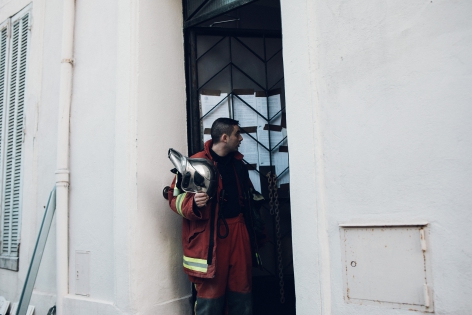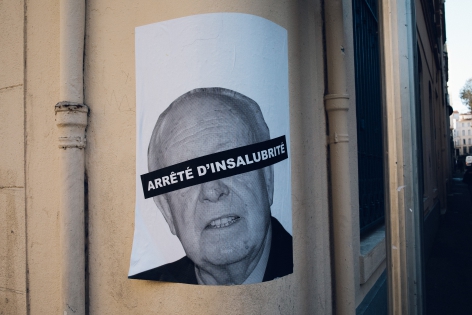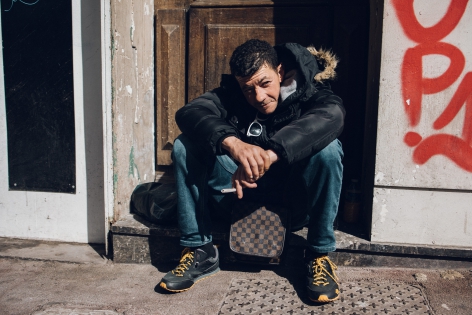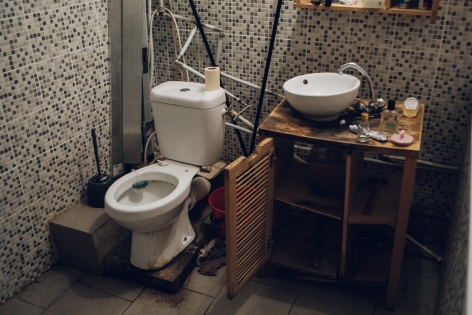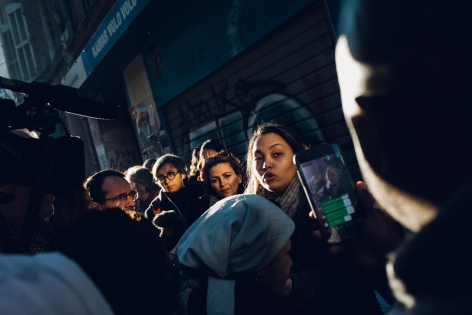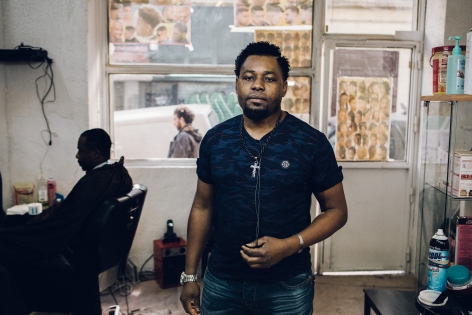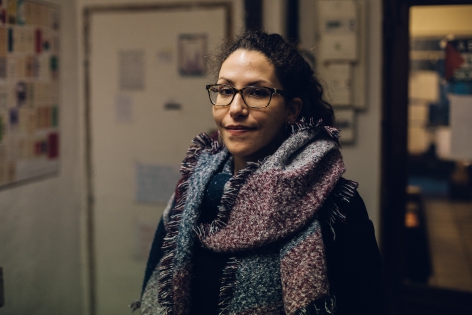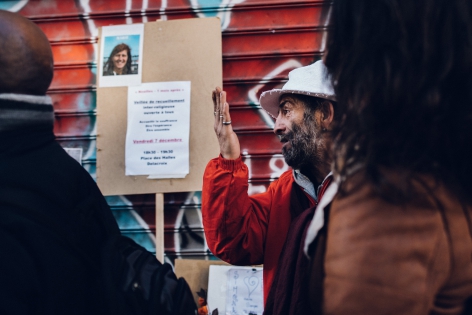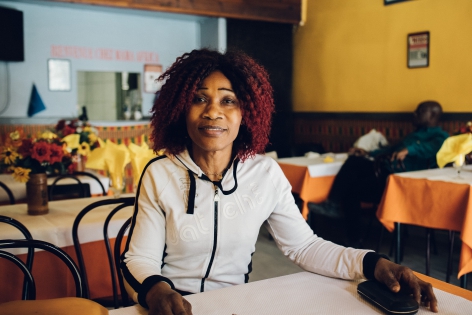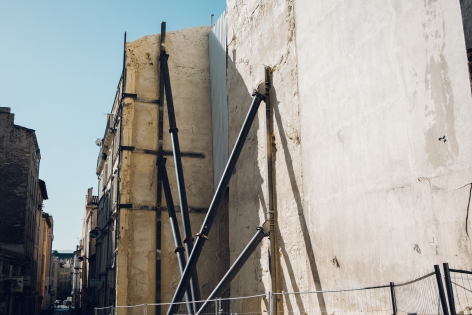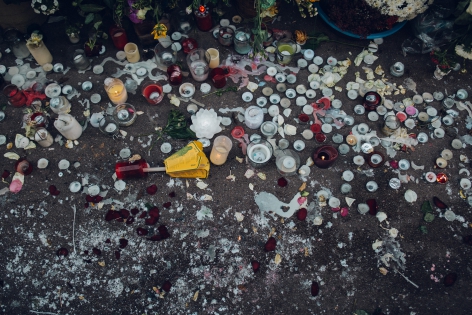Théo Giacometti
Photographer
That was not the rain
Marseille, 5 November 2018.
Two buildings have just collapsed in the popular Noailles district in the heart of the tourist city centre of France's second largest city. The city seems to be on the verge of collapse, the cloud of dust fills the street and covers the noise. The city lives to the rhythm of the fire brigade's morbid meter. In the end, eight people died in the collapse of these unhealthy buildings and several hundred others were evacuated from their apartments in the following days.
And the incessant rain still drips on the dilapidated facades, soaks the shabby floors and gutted roofs. Faced with the silence of the public authorities, the inhabitants rise up in protest. They all testify and tell each other what they already know: it's a whole street, a neighbourhood, a city that's crumbling: perforated floors, hanging cables and rats running. Then they meet and gather to cry against each other and organize the next step: after sadness, rage.
We are looking for well-known leaders: clientelism, the Gaudin system, the fierce desire to drive the working classes out of the city centre, poverty, violence, speculation and sleep traders.
In Marseille, the floors collapse and anger rises.
Eleven months later, as the political theatre stirs as the municipal elections approach, injuries are closing, people are struggling to find their homes and the justice system is struggling to find the perpetrators.
Two buildings have just collapsed in the popular Noailles district in the heart of the tourist city centre of France's second largest city. The city seems to be on the verge of collapse, the cloud of dust fills the street and covers the noise. The city lives to the rhythm of the fire brigade's morbid meter. In the end, eight people died in the collapse of these unhealthy buildings and several hundred others were evacuated from their apartments in the following days.
And the incessant rain still drips on the dilapidated facades, soaks the shabby floors and gutted roofs. Faced with the silence of the public authorities, the inhabitants rise up in protest. They all testify and tell each other what they already know: it's a whole street, a neighbourhood, a city that's crumbling: perforated floors, hanging cables and rats running. Then they meet and gather to cry against each other and organize the next step: after sadness, rage.
We are looking for well-known leaders: clientelism, the Gaudin system, the fierce desire to drive the working classes out of the city centre, poverty, violence, speculation and sleep traders.
In Marseille, the floors collapse and anger rises.
Eleven months later, as the political theatre stirs as the municipal elections approach, injuries are closing, people are struggling to find their homes and the justice system is struggling to find the perpetrators.
